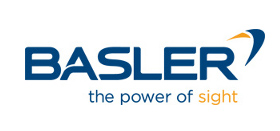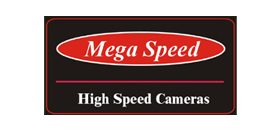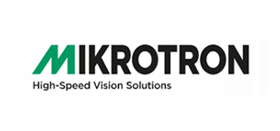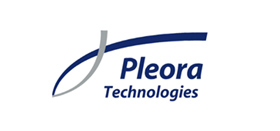The PYTHON sensors from ON Semiconductor are currently among the most powerful sensors for the machine vision industry. They combine excellent image quality with high speeds and are therefore highly suitable for the challenging tasks of many machine vision applications, such as quality control or inspection tasks in the semiconductor industry.
A sensor alone, however, is still no guarantee of a good image. It always depends on how the camera supports the sensor performance. To obtain comparative values, we compared one of our Basler ace USB 3.0 cameras (acA1300-200um) and two competitor USB 3.0 cameras, each equipped with the PYTHON 1300 sensor from ON Semiconductor. The test results show that to some extent there are broad disparities in the image quality of the three tested cameras despite having the same sensor.
Testing with different levels of illuminance
During the comparison test, different light conditions were simulated to examine how image quality behaves under these conditions. The test conditions were identical for all three cameras: Each camera was equipped with a Computar M1614-MP2 F1.4 f16mm 2/3" lens for the individual tests.
In the first test we lit a scene in a dark environment with an X-Rite Color Checker, with an illuminance of 1 lux (super-low light). The gain of each camera was adjusted individually to the same exposure time of 200 ms until the white field of the Color Checker showed a median grayscale of 150 DN.
In a further comparison test we created a brighter environment by illuminating the scene with an LED light source with 8.8 lux (low light). In this setup, the exposure time was set to a constant 20 ms and the gain was again adjusted enough so that a median grayscale of 150 DN was reached.
Vertical (competitor 1) or horizontal (competitor 2) bands were discernable on the images from the competing cameras primarily in the dark environment, while the image from the ace was homogeneous (cf. Fig. 2). In the brighter environment, the image from the competitor camera 2 also showed vertical bands.
The ace camera also achieved the best values when the DSNU (dark signal non-uniformity from the EMVA 1288) was measured. The ace therefore has lower fixed-pattern noise, which also contributes to the fact that the Basler camera delivers the most homogenous image in a dark environment.
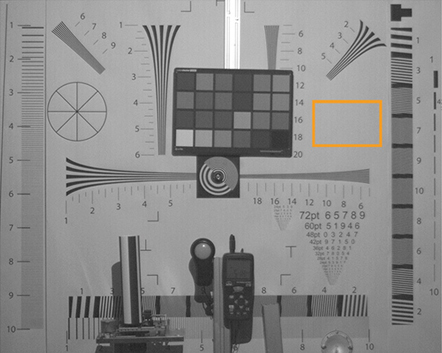
Figure 1: Test chart of the super-low light test. The orange box shows the following magnifications.

Figure 2: Magnification of the test chart - noise behavior of the individual cameras in an environment illuminated at 1.0 lux
Summary of test results
Although the cameras were tested under identical conditions, they exhibited different image qualities. In particular, the Basler ace camera with its excellent image quality was impressive when compared under varying light conditions.
Small, inexpensive, powerful – the Basler ace camera
The tested Basler ace camera acA1300-200um offers users not only very good image quality but also a high frame rate of 200 fps – at an excellent price. The two GPIO interfaces (general-purpose I/O) allow flexibility. The compact 29 mm x 29 mm housing is one of the factors making system integration simple. The USB 3.0 interface is very user-friendly.
The ace equipped with the PYTHON 1300 sensor from ON Semiconductor can be used wherever there is a need for a compact high-performance camera with a high frame rate and good image quality. Last but not least, its price/performance ratio is another factor that sways opinion in its favor.
To Know More About Basler Camera Distributor, Singapore, Contact MVAsia Infomatrix Pte Ltd at +65 6329-6431 or Email us at info@mvasiaonline.com
Source - baslerweb.com






